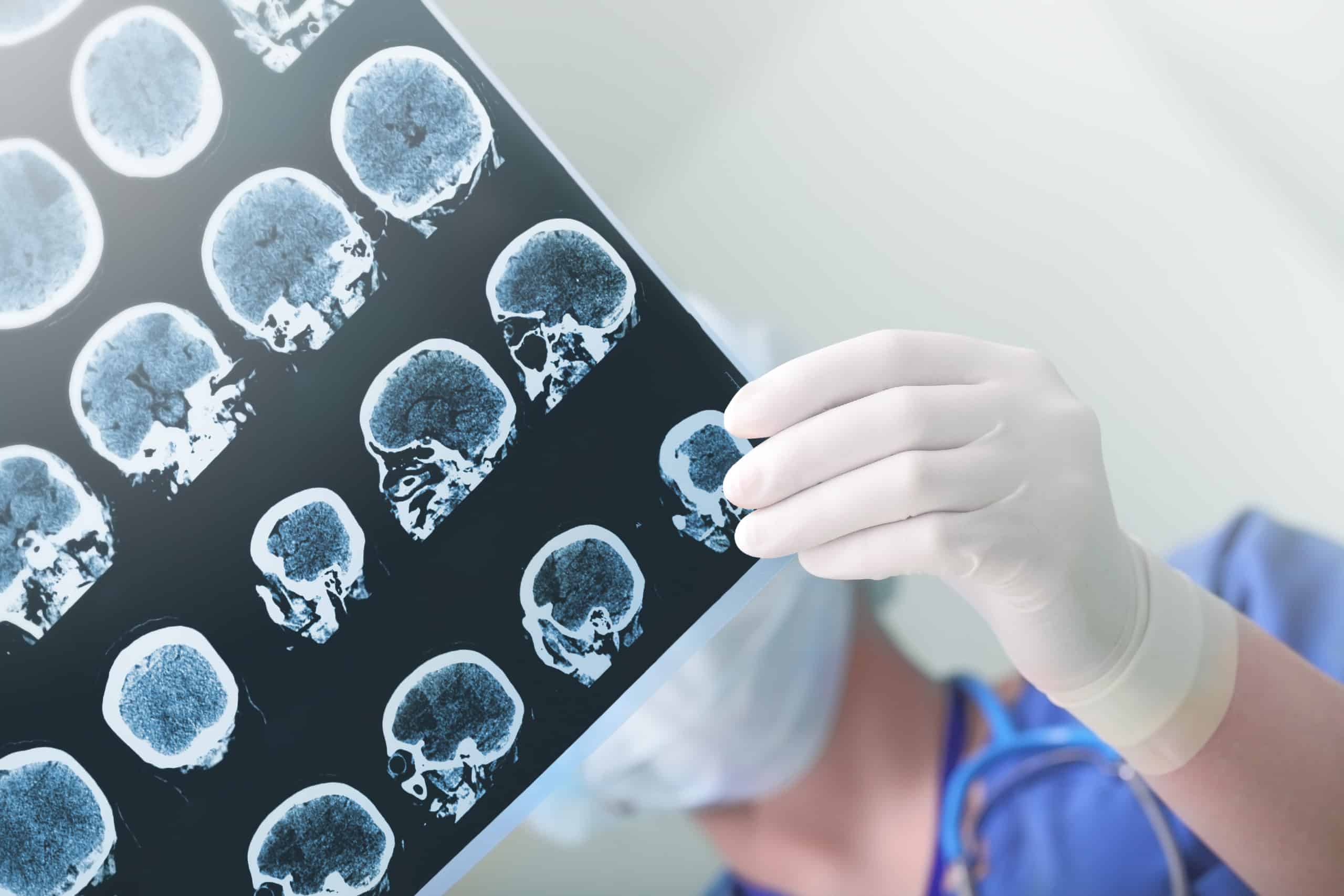- Home /
- Specialties /
- Neurosurgery /
Neurosurgery
When all conservative measures have failed, neurosurgery may be the best option for your chronic neck or low back pain. After a thorough evaluation, Our neurosurgical team will advise you on the best minimally invasive approach to help you regain function. Call today for a consultation to see if neurosurgery is right for you.


What Is Neurosurgery?
Neurosurgery refers to a range of minimally invasive surgical procedures that treat conditions of the central nervous system. This can include treatment of injuries and conditions that impact certain nerves throughout the body as well as the spine, spinal cord and brain.
What Are Some Types of Neurosurgery?
Neurosurgeries can be conducted using a range of technologies and techniques that move well beyond the traditional scalpel. Here are just a few types of procedures that fall under this umbrella:
- Anterior cervical discectomy. During this procedure, a disc is removed from the spinal column in the neck area. This is typically done to treat neck and arm pain and involves removing a disc that is causing the symptoms and fusing the surrounding discs together. While it sounds like a major procedure, this surgery can sometimes be performed in an outpatient environment (which means the patient doesn’t have to stay in the hospital overnight following the procedure).
- Minimally invasive Cervical and Lumbar Fusion. Spinal instability can be a cause of pain in the neck or back and pain down the arm or leg. During a fusion, a surgeon will provide stability via stabilizing hardware to decrease pain in the neck or back.
- Laminectomy. This procedure involves removing part of all of a vertebrae. Usually, the removal is to reduce pressure that’s causing nerve pain or spinal cord issues.
- Minimally invasive spine surgeries. These types of surgeries are typically performed via small incisions and may use technologies such lumbar fusion/fixation. They may be used to provide remedies to stabilize the spine, remove or treat bone spurs or deal with other issues that don’t require more invasive approaches.
When Is Neurosurgery Used?
In most cases, neurosurgery is recommended only after more conservative treatments have failed to provide desired results. In some cases, an evaluation of the patient’s condition may result in doctors recommending neurosurgery as the first course of action because an issue needs to be treated right away to prevent further complications or issues.
Some conditions or symptoms that might be treated by neurosurgery include:
- Brain tumors
- Skull fractures
- Infections in the brain
- Herniated discs
- Spinal tumors
- Scoliosis
- Seizure disorders
- Back, neck or head pain that doesn’t respond to other treatments
- Degenerative disc disease
- Some nerve injuries or disorders
How Long Does Neurosurgery Take?
The length of time neurosurgery takes depends on the procedure. Simple, noninvasive procedures might take minutes while complex surgeries could take hours. Patients should also account for prep and recovery time.
Outpatient procedures might require you to be at a surgery center or office for a few hours or the entire day. Major inpatient surgeries could require you to be in the hospital for a few days or even a week or two.
How to Prepare for Neurosurgery
Prepare for treatment by following your provider’s instructions to the letter. They may ask you to avoid eating for a certain period of time before the surgery or to take (or not take) certain medications prior to the procedure.
It’s usually a good idea to make arrangements for someone to drive you to and from the surgery, even if you’re going to be in an outpatient setting. You should also ensure you ask any questions about the procedure to reduce anxieties and support the most informed decision possible.
What to Expect After Neurosurgery
Recovery following neurosurgery also depends on the type of procedure you have. With simple, minimally invasive procedures, you may go home the same day with only some minor soreness. With more extensive surgeries, you may have a longer road to recovery that involves physical therapy and other rehab. In either case, make sure you follow provider instructions to maximize the chance at the most positive outcome.
Work With Caring, Experienced Doctors and Staff
If you’re dealing with chronic back or neck pain, contact Northeast Spine and Sports Medicine today. Our doctors will work with you to develop an accurate diagnosis and a treatment plan. We often start with conservative methods, but our comprehensive solutions ensure we have a level of treatment that’s right for you.
